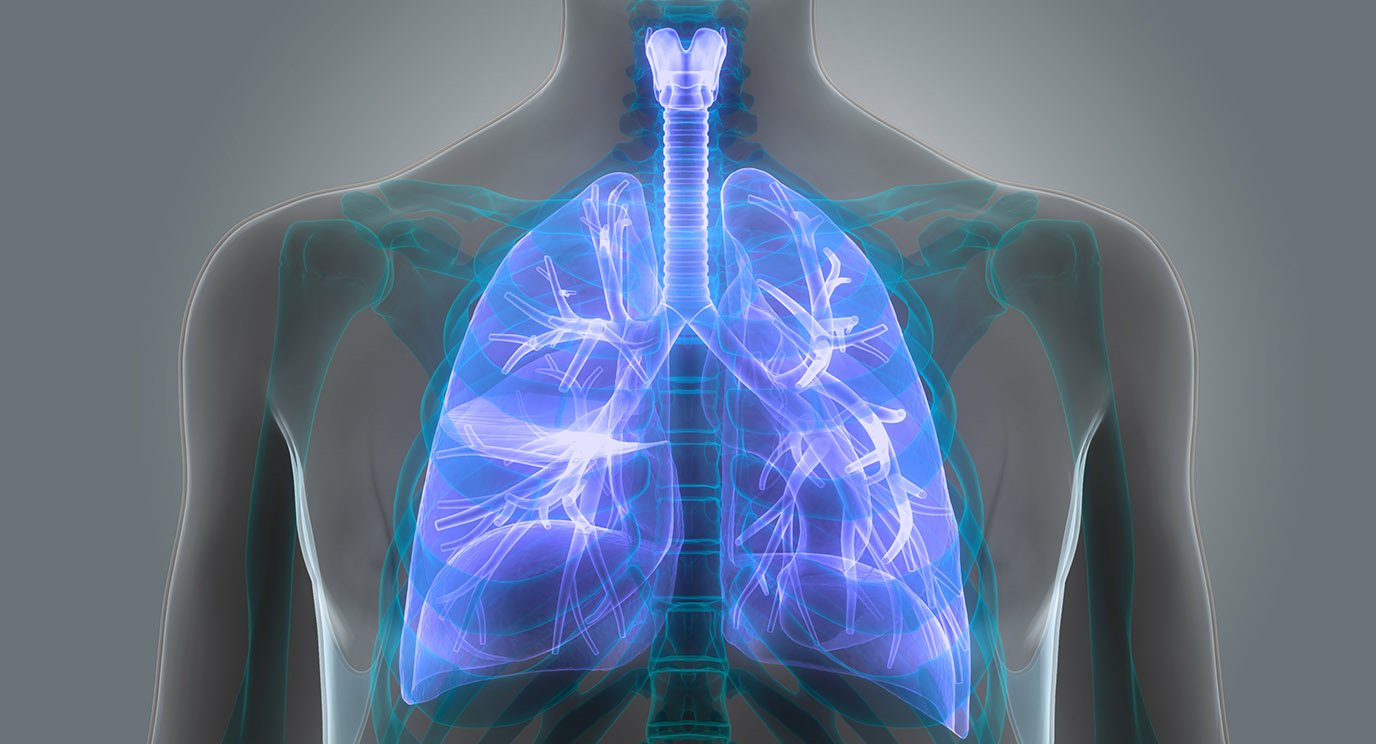- Diseases
- Acoustic Neuroma (16)
- Adrenal Gland Tumor (24)
- Anal Cancer (70)
- Anemia (2)
- Appendix Cancer (18)
- Bile Duct Cancer (26)
- Bladder Cancer (74)
- Brain Metastases (28)
- Brain Tumor (234)
- Breast Cancer (724)
- Breast Implant-Associated Anaplastic Large Cell Lymphoma (2)
- Cancer of Unknown Primary (4)
- Carcinoid Tumor (8)
- Cervical Cancer (164)
- Colon Cancer (168)
- Colorectal Cancer (118)
- Endocrine Tumor (4)
- Esophageal Cancer (44)
- Eye Cancer (36)
- Fallopian Tube Cancer (8)
- Germ Cell Tumor (4)
- Gestational Trophoblastic Disease (2)
- Head and Neck Cancer (14)
- Kidney Cancer (130)
- Leukemia (342)
- Liver Cancer (50)
- Lung Cancer (286)
- Lymphoma (278)
- Mesothelioma (14)
- Metastasis (30)
- Multiple Myeloma (100)
- Myelodysplastic Syndrome (60)
- Myeloproliferative Neoplasm (6)
- Neuroendocrine Tumors (16)
- Oral Cancer (102)
- Ovarian Cancer (176)
- Pancreatic Cancer (160)
- Parathyroid Disease (2)
- Penile Cancer (14)
- Pituitary Tumor (6)
- Prostate Cancer (150)
- Rectal Cancer (58)
- Renal Medullary Carcinoma (6)
- Salivary Gland Cancer (14)
- Sarcoma (238)
- Skin Cancer (300)
- Skull Base Tumors (56)
- Spinal Tumor (12)
- Stomach Cancer (66)
- Testicular Cancer (28)
- Throat Cancer (92)
- Thymoma (6)
- Thyroid Cancer (100)
- Tonsil Cancer (30)
- Uterine Cancer (86)
- Vaginal Cancer (18)
- Vulvar Cancer (22)
- Cancer Topic
- Adolescent and Young Adult Cancer Issues (22)
- Advance Care Planning (12)
- Biostatistics (2)
- Blood Donation (18)
- Bone Health (8)
- COVID-19 (360)
- Cancer Recurrence (120)
- Childhood Cancer Issues (120)
- Clinical Trials (628)
- Complementary Integrative Medicine (22)
- Cytogenetics (2)
- DNA Methylation (4)
- Diagnosis (238)
- Epigenetics (6)
- Fertility (62)
- Follow-up Guidelines (2)
- Health Disparities (14)
- Hereditary Cancer Syndromes (128)
- Immunology (18)
- Li-Fraumeni Syndrome (8)
- Mental Health (120)
- Molecular Diagnostics (8)
- Pain Management (62)
- Palliative Care (8)
- Pathology (10)
- Physical Therapy (18)
- Pregnancy (18)
- Prevention (936)
- Research (390)
- Second Opinion (78)
- Sexuality (16)
- Side Effects (616)
- Sleep Disorders (10)
- Stem Cell Transplantation Cellular Therapy (216)
- Support (408)
- Survivorship (328)
- Symptoms (182)
- Treatment (1788)
Signs of thyroid issues: How do you know if you have them?
4 minute read | Published October 23, 2023
Medically Reviewed | Last reviewed by an MD Anderson Cancer Center medical professional on October 23, 2023
Ever heard someone blame their inability to lose weight on a “thyroid problem?”
While “thyroid problems” can and do cause people real issues, an inability to lose weight generally isn’t among them. Instead, symptoms of thyroid dysfunction range from insomnia, constipation, and hair loss to fluid retention, fatigue and temperature intolerances. They can even negatively affect your heart function and menstrual cycle.
So, how do you know if you have a thyroid problem? And, when should you see a doctor? We spoke with endocrinologist Priyanka Iyer, M.B.B.S., to find out.
Symptoms of ‘thyroid problems’ depend on their type
The first thing to know is that “thyroid problems” can be broken down into two different categories, based on the way the gland is malfunctioning:
- Hyperthyroidism means it’s producing too much thyroid hormone.
- Hypothyroidism means it’s not producing enough thyroid hormone.
Hyperthyroidism can sometimes be a sign of an autoimmune disorder called Graves’ disease. Similarly, hypothyroidism can sometimes be a sign of an autoimmune disorder called Hashimoto’s disease. But whether it’s due to one of those conditions or something else entirely, any glandular dysfunction can cause symptoms if it’s severe enough.
Excessive fatigue is considered a sign of both hyper- and hypothyroidism. But each condition also has its own set of symptoms.
Symptoms of hyperthyroidism include:
- anxiety
- tremors
- irregular heartbeat
- insomnia
- heat intolerance
- weight loss, despite increased appetite
Symptoms of hypothyroidism include:
- lethargy
- constipation
- hair thinning or hair loss
- bloating, puffiness or swelling in the face or legs
- cold intolerance
- dry skin
Weight gain due to fluid retention can sometimes be a symptom of uncontrolled hypothyroidism, but it resolves fairly quickly with treatment.
“Fluid retention starts improving right after you begin thyroid hormone replacement therapy,” notes Iyer. “It clears up within 1-2 weeks of starting or adjusting medication. So, ‘thyroid problems’ would be the last reason you can’t lose weight.”
Thyroid hormones do affect heart function
Thyroid hormones can impact heart function, though, whether you have an excess or a deficiency.
Too much thyroid hormone can increase the risk of:
- Atrial fibrillation: a rapid, irregular heartbeat
- Tachycardia: a fast heartbeat
“These conditions can strain the heart muscle and trigger heart attacks,” explains Iyer.
With too little thyroid hormone, you might start seeing:
- Bradycardia: a low heart rate
- Cardiomyopathy: enlargement of the heart
- Dizziness
“The connection between heart and thyroid function is so strong that one drug used to treat atrial fibrillation can trigger thyroid problems in some patients,” notes Iyer. “And a lot of times, people only discover they have thyroid abnormalities after they’re evaluated for atrial fibrillation.”
When to see a doctor for possible thyroid problems
Some symptoms are so vague and non-specific, like fatigue and insomnia, that it’s hard to tie them back definitively to thyroid dysfunction — or anything else.
“If you’re worried, you can always get evaluated,” says Iyer. “But unless you have a family history of thyroid disorders, your symptoms could be due to almost anything. Fatigue may be a result of not getting enough sleep. And insomnia might just be due to stress.”
Still, you should call your doctor about some symptoms, including:
- Arrhythmia: Anything unusual about your heart rhythm needs prompt attention, whether it’s beating irregularly, too fast or too slowly. If you think you’re having a heart attack, call 911.
- Menstrual irregularities: Take note of inconsistent cycles, very heavy flow, or periods that come too frequently or too far apart, especially if you’re struggling to conceive.
- Subacute thyroiditis: This may include any of the following after a viral infection: pain or swelling in the neck, tremors, heart palpitations, a jittery feeling, a racing heart, and feeling tired but unable to sleep.
- Postpartum thyroiditis: This typically occurs in the first 12 months after delivery. It normally starts with “hyper” symptoms, then gradually goes to the other extreme. It’s very common and in the majority of cases, gets better on its own without hormone replacement. Still, some patients may need to follow up to make sure they haven’t developed hypothyroidism.
- Thyroid nodules: These are also very common. But unless they’re very large, they’re usually not visible and are often caught incidentally on scans. If you have thyroid nodules that are overactive and independently generating excess thyroid hormone, though, they can be managed with medication, radioactive iodine or sometimes surgery.
“Usually, subacute and post-partum thyroiditis resolve on their own,” says Iyer, “so patients need only manage the symptoms. But if the abnormal labs persist beyond six months, contact your doctor.”
Cancer treatment can affect thyroid function
Some types of cancer treatment can affect thyroid function, too.
If someone has had radiation therapy in the head or neck area for throat cancer or jawbone cancer, for instance, the thyroid gland may also have been irradiated. Some immunotherapy, targeted therapy and chemotherapy drugs can also cause thyroid dysfunction. And, if someone is being treated for thyroid cancer, any type of therapy they receive may affect the function of that gland.
“Thyroid issues are a very common result of cancer treatment,” notes Iyer. “But the good news is that our oncologists are also very good at catching it, so patients get timely treatment. That’s why we encourage patients to mention every symptom and side effect they might be experiencing during their office visits. If any of them correlate to thyroid dysfunction, we can do blood tests to confirm that and address them in real-time.”
Request an appointment at MD Anderson online or by calling 1-855-806-2603.

Thyroid problems would be the last reason you can’t lose weight.
Priyanka Iyer, M.B.B.S.
Physician






